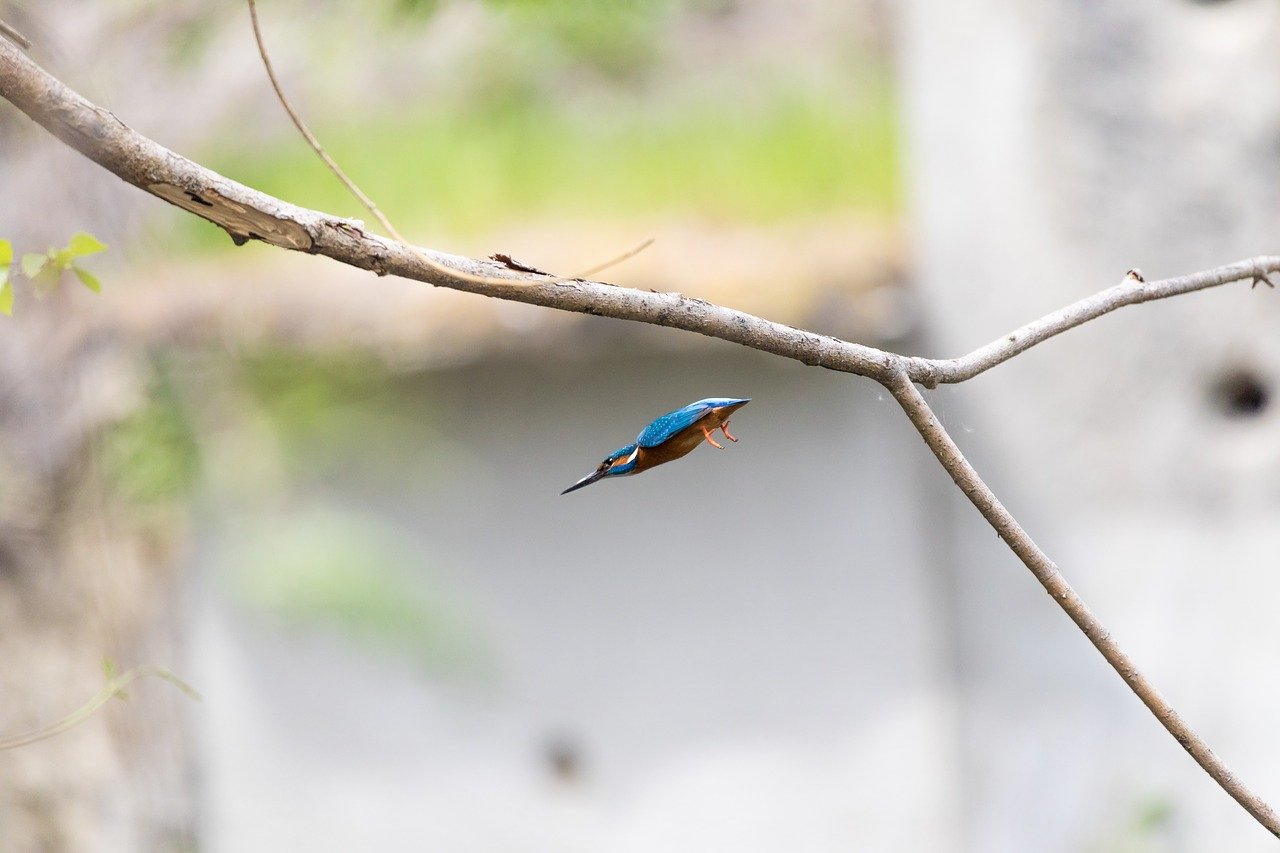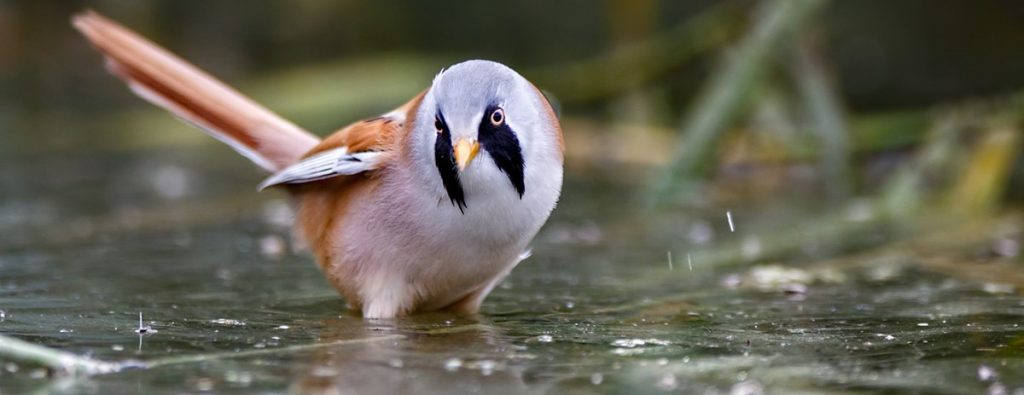Code of good practice
- Homepage
- Pages
- Guide to birdwatching
- Code of good practice
- Birdwatching
Code of good Practice
A growing number of people enjoy birdwatching in Cyprus – this code puts the interests of birds first and respects the countryside and other people, whether or not they are interested in birds.
Six basic rules:
- Avoid disturbing birds and their habitats – the birds’ interests should always come first. Make sure you know the relevant provisions of Cyprus law 152(I)/2003 relating to hunting, bird protection and management.
- Be an ambassador for birdwatching.
- Respect the countryside.
- Send your records in.
- Think about the interests of wildlife and local people before passing on news of a rare bird, especially during the breeding season.
- Report any incidents of poaching with guns, limesticks or nets to the relevant authorities.
1. Putting birds first
Whether your particular interest is photography, ringing or just birdwatching, remember that the interests of the birds must always come first.
Avoid going too close to birds or disturbing their habitats – if a bird flies away or makes repeated alarm calls, you’re too close. And if it leaves, you won’t get a good view. Disturbance can keep birds from their nests, leaving chicks hungry or enabling predators to take eggs or young. During cold weather or when migrants have just made a long flight, repeatedly flushing birds can mean they use up vital energy that they need for feeding. Stay on roads and paths where they exist and avoid disturbing habitat used by birds.
Intentional disturbance of birds or their nests during the breeding season is illegal under Cyprus law 152 (I) of 2003 on the protection and management of wild birds and game (this law implements the EU Birds Directive in Cyprus). The use of tape lures to encourage a bird to respond is also illegal under the same law. Tape lures can have a very disruptive impact on birds, especially during their breeding season. Although the use of tape lures is illegal in Cyprus, researchers can use such methods for the purposes of their work, after having obtained special permission from the Ministry of the Interior.

2. Be an ambassador
Think about your fieldcraft and behaviour, not just so that you can enjoy your birdwatching, but so others can too.
Respond positively to questions from interested passers-by. They may not be birdwatchers yet, but a good view of a bird or a helpful answer may light a spark of interest. Your enthusiasm could start a lifetime’s interest in birds and a greater appreciation of wildlife and its conservation. Consider using local services, such as kiosks, coffee shops, restaurants and local accommodation options. Raising awareness on the economic benefits to local communities from visiting birdwatchers may, ultimately, help the birds themselves.
3. Respect the countryside
The Cyprus countryside is generally “open access” but make sure to respect the wishes of local residents and landowners, and don’t enter private land without permission unless it is open for public access. Irresponsible behaviour may cause a landowner to deny access to others (e.g. for necessary survey work). It may also disturb the bird or give birdwatching bad coverage in the media.

4. Send your records in
Add to tomorrow’s knowledge of birds by sending your sightings to the BirdLife Cyprus Recorder, Jane Stylianou. and by entering these on the Cyprus portal of BirdTrack.

5. If you spot a rare bird, please bear the following in mind:
Consider the potential impact of spreading the news. Think about whether the site can cope with a large number of visitors and whether sensitive species might be at risk, such as breeding terns, flocks of wading birds or rare plants. The BirdLife Cyprus office or Bird Recorder can advise on this, in confidence and without disseminating information on the sighting.
Rare breeding birds may abandon their eggs if disturbed and some birds of prey are at risk from persecution. If you discover a rare breeding species that you think is vulnerable, please contact us.
If you have the opportunity to see a rare bird, enjoy it, but don’t let your enthusiasm override common sense.
In addition to the guidelines above:
- If you go to see a rare bird, park sensibly, and don’t get too close for a photograph – you’ll earn the wrath of everyone else if you flush the bird out of sight.
- Be patient if the viewing is limited, talk quietly and give others a chance to see the bird too. Do not enter private areas without permission.
- Birds should never be flushed in important wildlife habitats or where there are other nesting or roosting birds nearby. Birds should not be flushed more frequently than every two hours nor within two hours of sunrise or sunset, so the bird has chance to feed and rest.
6. Report poaching incidents
Poaching with guns, limesticks and mist nets remains a problem in Cyprus. If you witness any illegal shooting or use of nets, glue sticks or other trapping devices, make sure you report these to the Game and Fauna Service or the SBA Police, depending where you are, and to BirdLife Cyprus. Do not confront poachers and do not remove limesticks or nets, as this may put you at risk and compromise any legal proceedings against poachers. Make careful notes of where the incident took place and call the authorities and/or BirdLife Cyprus. For more information on how to report poaching, please click here.
